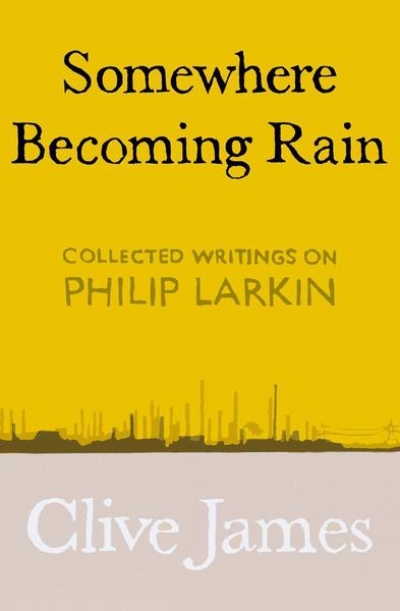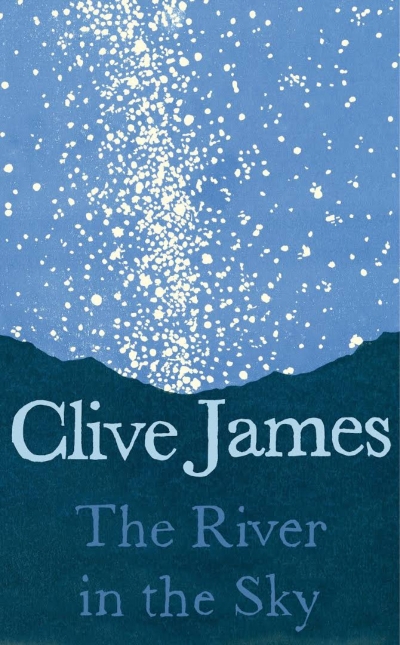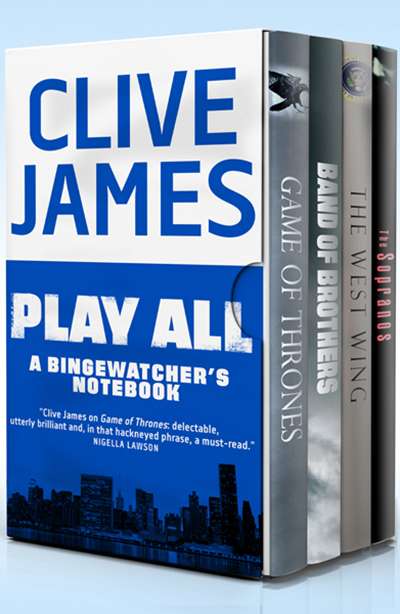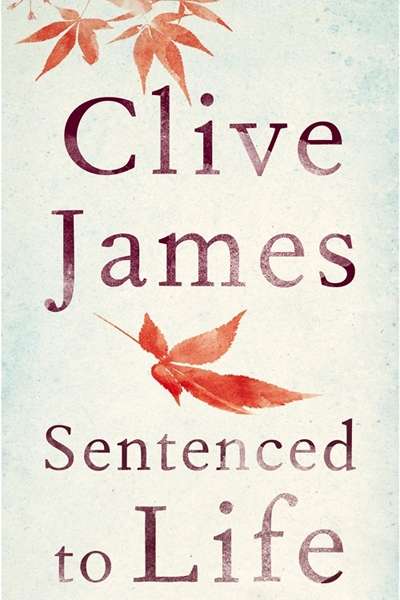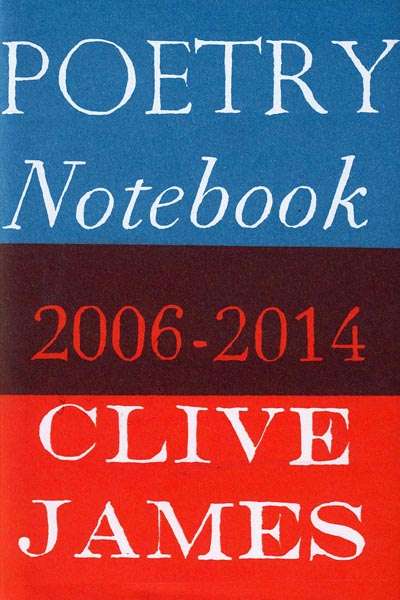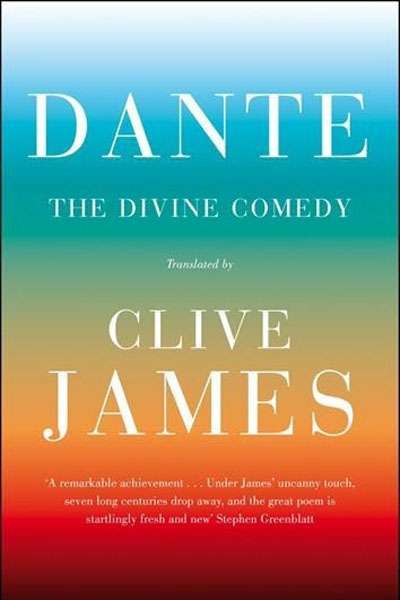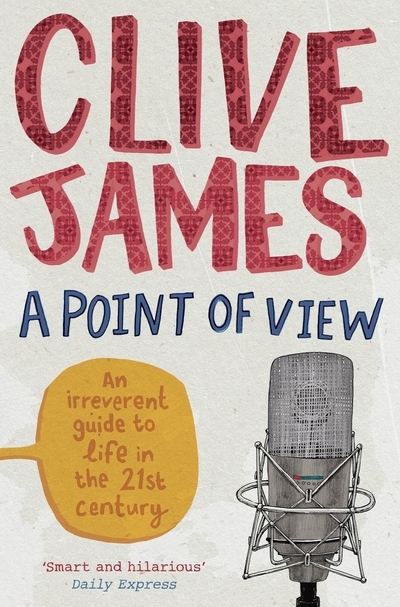Clive James
Somewhere Becoming Rain: Collected writings on Philip Larkin by Clive James
by Geoff Page •
An Oka kamikaze rocket bomb
Sits in the vestibule, its rising sun
Ablaze with pride.
Names of the fallen are on CD-ROM.
The war might have been lost. The peace was won:
A resurrection after suicide.
High dungeon was a feeling I knew well
When mockery from men weighed on my soul.
As your Prime Minister I went through hell,
If I can say so without hyperbowl.
Old age is not my problem. Bad health, yes.
If I were well again, I’d walk for miles,
My name a synonym for tirelessness.
On Friday nights I’d go out on the tiles: ... (read more)
If I were well again, I’d walk for miles,
My name a synonym for tirelessness.
On Friday nights I’d go out on the tiles: ... (read more)

